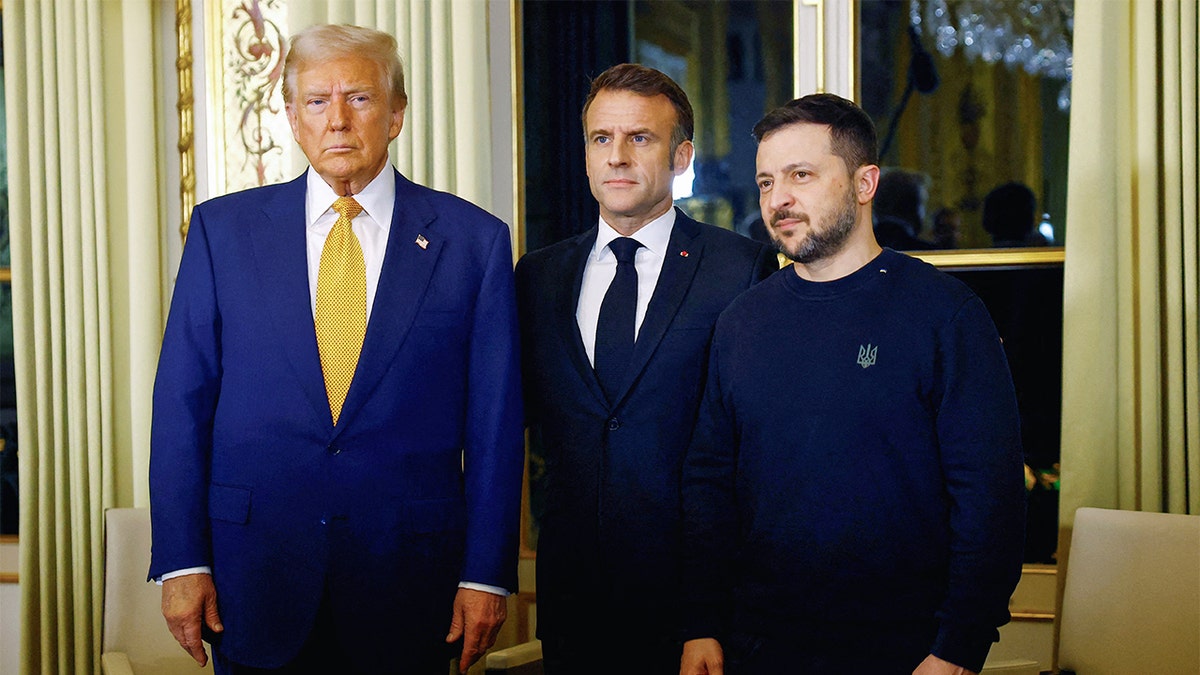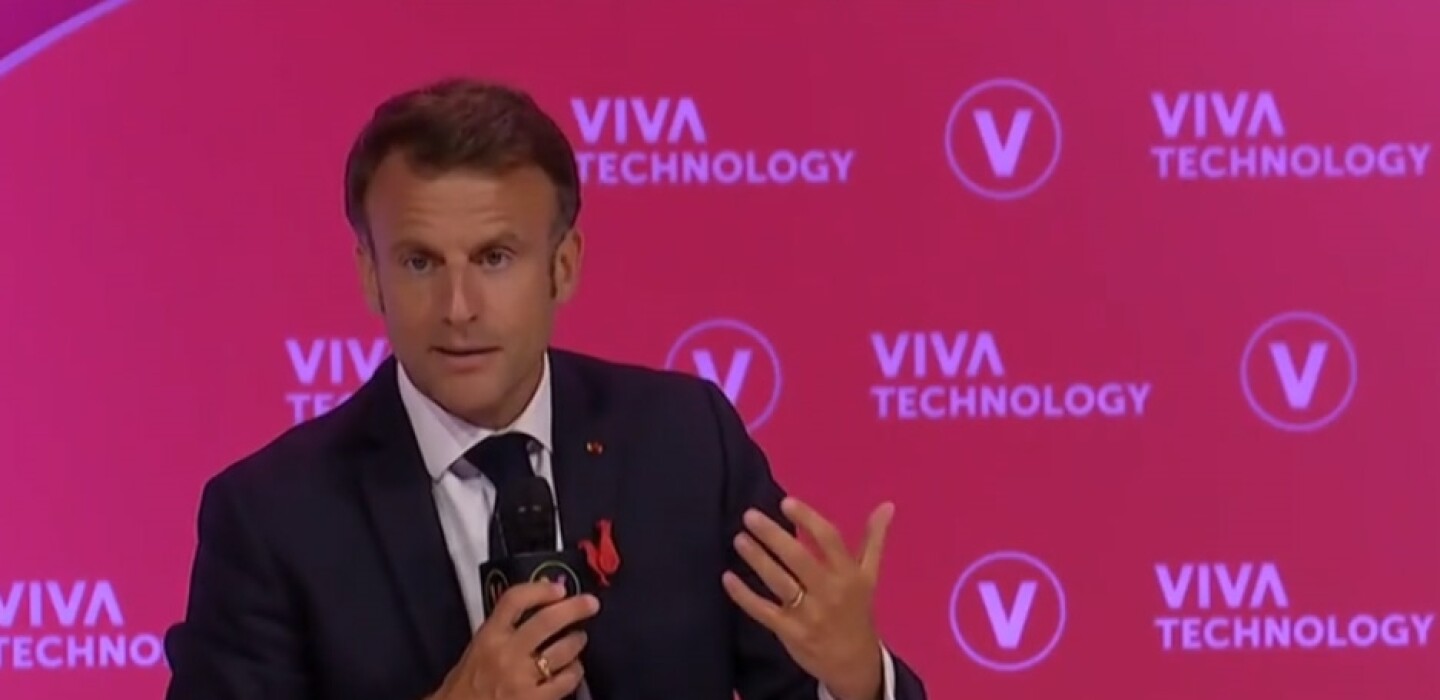Ghana's Severe Psychiatrist Shortage: 80 For 30 Million - A National Emergency?

Table of Contents
The Stark Reality of Limited Access to Psychiatric Care in Ghana
The low psychiatrist-to-population ratio in Ghana paints a stark picture of limited access to mental healthcare. Consider this: for every 375,000 Ghanaians, there is only one psychiatrist. This drastically limits the availability of essential psychiatric services, especially considering the high prevalence of mental illnesses in the country. Studies suggest a significant portion of the population suffers from conditions like depression, anxiety, and schizophrenia, yet many remain untreated due to the lack of accessible care.
Seeking mental healthcare in Ghana presents numerous challenges:
- Long waiting times: Individuals often face excessively long waits to see a psychiatrist, delaying crucial treatment.
- Geographical barriers: Many rural communities lack access to any mental health services whatsoever, forcing individuals to travel long distances, often incurring significant costs.
- Financial constraints: The cost of psychiatric treatment, including consultations, medication, and therapy, can be prohibitive for many Ghanaians, further limiting access to care.
- Lack of mental health facilities in rural areas: The vast majority of psychiatric services are concentrated in urban centers, leaving rural populations significantly underserved.
- High cost of psychiatric treatment: Medication and therapy are expensive, forcing many to forgo treatment.
- Stigma surrounding mental illness hindering help-seeking behavior: The pervasive stigma associated with mental illness prevents many from seeking help, even when they desperately need it.
- Limited availability of mental health medications: Essential medications are sometimes in short supply, impacting the effectiveness of treatment.
Contributing Factors to Ghana's Psychiatrist Shortage
The critical shortage of psychiatrists in Ghana is a multifaceted problem stemming from a confluence of factors:
- Inadequate training programs for psychiatrists: The number of training places for psychiatrists is insufficient to meet the country's needs.
- Lack of incentives for psychiatrists to work in rural areas: Limited opportunities, inadequate infrastructure, and lower salaries discourage psychiatrists from practicing in underserved rural areas.
- Brain drain – emigration of trained professionals: Many trained Ghanaian psychiatrists seek better opportunities and higher salaries in developed countries, further exacerbating the shortage.
Other contributing factors include:
- Insufficient funding for medical training and infrastructure: Limited government investment in medical education and infrastructure hinders the development of a robust mental healthcare system.
- Lack of career opportunities for psychiatrists within Ghana: Limited career progression and specialization options within Ghana drive professionals to seek opportunities abroad.
- Limited government investment in mental healthcare: Mental health often receives insufficient budgetary allocation compared to other areas of healthcare.
- Inadequate training and supervision of mental health professionals: A lack of ongoing training and mentorship can limit the capacity and quality of care provided by mental health professionals.
The Human Cost: Impact of Untreated Mental Illness in Ghana
The consequences of untreated mental illness in Ghana are devastating, affecting individuals, families, and society as a whole. The economic burden is significant, with reduced productivity and increased healthcare costs associated with untreated mental health conditions. The social impact is equally profound:
- Increased suicide rates: Untreated mental illness significantly increases the risk of suicide.
- Reduced economic productivity: Mental illness can severely impact an individual's ability to work and contribute to the economy.
- Increased burden on families and caregivers: Families often bear the brunt of caring for individuals with untreated mental illness, placing a significant strain on their resources and emotional well-being.
- Social isolation and exclusion: Stigma and discrimination can lead to social isolation and exclusion for individuals with mental illness.
Potential Solutions and Strategies for Addressing the Shortage
Addressing Ghana's psychiatrist shortage requires a multi-pronged approach involving significant investment and policy changes:
- Invest in mental health training programs and scholarships: Increasing the number of training places and providing scholarships will help cultivate a larger pool of homegrown psychiatrists.
- Increase government funding for mental health services: Substantial government investment is essential to improve infrastructure, staffing, and access to care.
- Develop tele-psychiatry programs to expand access to care: Utilizing technology can help bridge the geographical barriers that limit access to care in rural areas.
- Implement strategies to reduce stigma around mental illness: Public awareness campaigns and educational initiatives can help reduce the stigma surrounding mental illness and encourage help-seeking behavior.
- Create incentives for psychiatrists to work in rural areas (e.g., better salaries, housing allowances): Offering competitive salaries, housing allowances, and other incentives can attract and retain psychiatrists in underserved areas.
Conclusion: Addressing Ghana's Psychiatrist Shortage – A Call to Action
Ghana's psychiatrist shortage represents a profound and urgent national emergency. The devastating consequences of inaction are undeniable, affecting individuals, families, and the nation's economic and social fabric. Addressing this crisis requires immediate and sustained action. We must invest in training, infrastructure, and innovative solutions to expand access to quality mental healthcare. We urge readers to contact government officials, support mental health organizations, and advocate for increased funding and policy changes to alleviate Ghana's psychiatrist shortage and ensure that all Ghanaians have access to the mental healthcare they deserve. Let's work together to improve mental health access in Ghana and build a healthier future for all.

Featured Posts
-
 Nhl Milestone Clayton Keller Of Missouri Reaches 500 Points
May 02, 2025
Nhl Milestone Clayton Keller Of Missouri Reaches 500 Points
May 02, 2025 -
 Lotto And Lotto Plus Results Saturday April 12 2025
May 02, 2025
Lotto And Lotto Plus Results Saturday April 12 2025
May 02, 2025 -
 Heartbreak In The Rugby Community Young Girl 10 Dies
May 02, 2025
Heartbreak In The Rugby Community Young Girl 10 Dies
May 02, 2025 -
 Tesla Rejects Report Of Musks Potential Removal
May 02, 2025
Tesla Rejects Report Of Musks Potential Removal
May 02, 2025 -
 Review Splice At Cay Fest
May 02, 2025
Review Splice At Cay Fest
May 02, 2025
Latest Posts
-
 Trump A Macron Au Vatican Tu Ne Devrais Pas Etre Ici
May 03, 2025
Trump A Macron Au Vatican Tu Ne Devrais Pas Etre Ici
May 03, 2025 -
 Le Vatican Temoin D Une Dispute Entre Trump Et Macron
May 03, 2025
Le Vatican Temoin D Une Dispute Entre Trump Et Macron
May 03, 2025 -
 Le Patriotisme Economique De Macron Face Au Defi De L Intelligence Artificielle
May 03, 2025
Le Patriotisme Economique De Macron Face Au Defi De L Intelligence Artificielle
May 03, 2025 -
 Le Discours De Macron Sur La Francafrique Analyse Et Perspectives
May 03, 2025
Le Discours De Macron Sur La Francafrique Analyse Et Perspectives
May 03, 2025 -
 Trump Et Macron Au Vatican Tensions Et Declarations
May 03, 2025
Trump Et Macron Au Vatican Tensions Et Declarations
May 03, 2025
